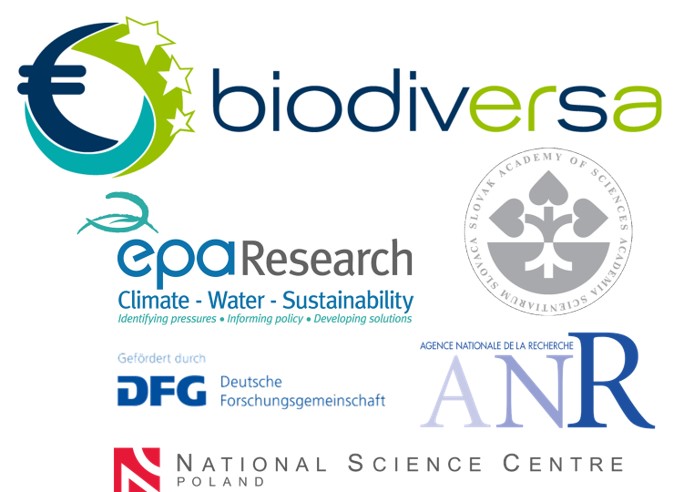
FUNPROD - Relationships between functional diversity and food production and quality under ecological intensification
Agricultural intensification contributes to global food security and health by supplying the food demand of a growing human population, but also causes environmental problems. Ecological intensification has been proposed as viable alternative to achieve a balance between negative environmental issues, such as the ongoing loss of biodiversity, and sufficiently high and qualitative food production. Ecological intensification focuses on promoting biodiversity and key natural regulatory processes, such as pest control or pollination, that support crop health and human society (“ecosystem services”) while reducing negative environmental impacts. Organic agriculture and managed permanent grasslands are two popular elements of future ecological intensification strategies with high potential for these benefits. The functional diversity of biotic communities, as the functional traits of species in local communities, is an understudied dimension of biodiversity which may be particularly relevant for links between ecological intensification, diversity, ecosystem services and human food and livestock fodder production. The joint synthesis of existing databases on these aspects in organic agriculture and permanent grasslands in Europe will provide a significant contribution to the evidence base for such links across different climatic regions and a range of landscapes.
This project will provide key operational knowledge for policy makers to guide the implementation of ecological intensification throughout Europe while preserving a competitive and healthy food production sector. Society demands more sustainable agricultural production to mitigate negative environmental impact while still producing sufficient quantity and high quality food. Given the upcoming Common Agricultural Policy reform across the EU member states and the major future challenges highlighted by the FAO, it is evident that a better understanding of land-use effects on functional diversity and the resulting consequences for ecosystem services, plant and human health is crucial for successful ecological intensification.
Coordinator: Prof. Dr. Klaus Birkhofer
Project duration: 01.04.2021 - 30.04.2024
Funding organization: DFG, biodivERsA ERA-Net
